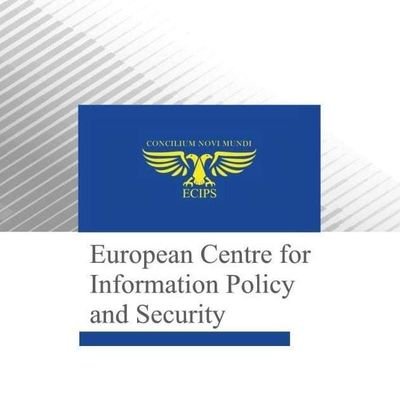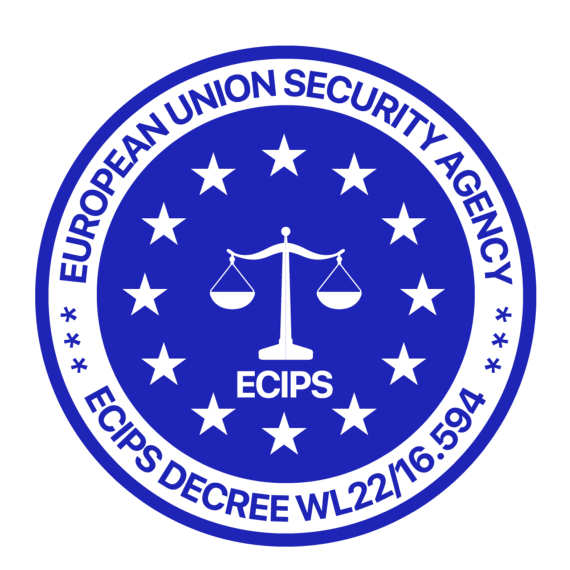The European Union (EU) has long prided itself on being a bastion of democracy, transparency, and rule of law. However, corruption remains a persistent issue, undermining these values. A significant factor contributing to this problem is the EU‘s lack of a coherent information policy on corruption. Transparency and access to information are crucial in combating corruption, yet the EU‘s current approach is fragmented and insufficient.
One of the core issues is the inconsistent application of anti-corruption measures across member states. The absence of a centralized, robust information policy means that corruption cases often go unreported or are not adequately addressed. This lack of transparency allows corrupt practices to flourish in the shadows, as there is no unified system to track and expose them. Furthermore, the limited public access to information about corruption investigations and outcomes weakens public trust in the institutions designed to protect them.
Judicial reform is essential to address these issues effectively. A reformed judiciary across the EU would ensure that anti-corruption laws are uniformly applied and enforced, creating a deterrent effect. This reform should include the establishment of an independent European Public Prosecutor’s Office (EPPO) with the power to investigate and prosecute corruption cases across member states. Strengthening judicial independence and ensuring that judges and prosecutors are free from political interference is critical to this effort.
Moreover, a comprehensive information policy must be implemented, focusing on transparency and accountability. This policy should mandate the regular publication of data on corruption cases, including details of investigations, prosecutions, and convictions. Such transparency would not only enhance public confidence but also serve as a powerful tool for civil society and the media to hold perpetrators accountable.
The current lack of such policies is a significant factor in the increasing levels of corruption within the EU. Without a centralized and transparent approach, corrupt individuals and entities exploit the system’s weaknesses, perpetuating a cycle of impunity. By instituting judicial reforms and a robust information policy, the EU can take decisive steps to curb corruption, thereby strengthening the integrity and trustworthiness of its institutions.






Leave a Reply